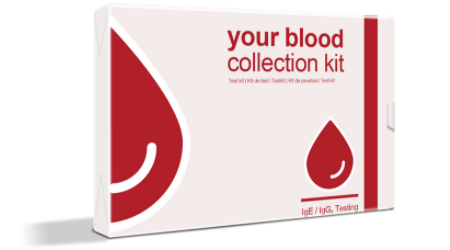There are a lot of fad diets out there these days thanks to the wonderful far-reaching access of the internet. With all of these new options, however, a lot of people are becoming understandably concerned about which diets are actually recommended versus which ones are just fashionable and nothing more. One of the more popular ones for both good and bad reasons is the gluten free diet.
How legit is it? Is it a fad diet or a real one that could be helpful?
What is a gluten free diet?
While it is pretty much self-explanatory, it is important to distinguish this from those that are already misinformed about a gluten free diet. This diet is one that focuses on foods that do not naturally contain gluten (this would mean avoiding traditional flours, pasta and wheat) as well as going with gluten-free alternatives such as gluten free flour or even gluten free pasta.
In this case, the absence of gluten wouldn’t be for those with coeliac disease (where eating even trace amounts of gluten can cause serious health concern) and is more intended for those with gluten intolerance or those who want to cut out gluten for health purposes.
Pros of a gluten free diet
- Fewer carbs: Most gluten products are high in carbs, which can be hard to get out of your normal diet. When you cut out gluten, you automatically cut out those high carb foods and replace them with low carb options.
- Better quality grains: Since you are avoiding pasta and other traditional grains and gluten products, you’ll find that the grains that you do have are going to be leaner and healthier than the other options you’re avoiding. This helps you enjoy healthier foods easier.
- Less inflammation: Since gluten products can create inflammation — even if you aren’t gluten intolerant — enjoying a diet free from those foods will mean that you have less inflammation in general.
Cons of a gluten free diet
- High fat and sugar substitutions: The harsh reality is that a lot of gluten free foods are going to be high in fats and sugars in order to make them taste good. It can mean that you then have to watch your diet for other reasons entirely! That’s why going with natural alternative options is actually better in the long run.
- Nutritional issues:Your body needs carbs and grains to be at its best. If you go gluten free, you will find that you are dealing with deficiency until you can find sustainable alternatives for all of your nutrients.
- Baking can be harder: Baking cakes, bread and other treats can often be harder when looking for suitable gluten free options.
It may take a while to find alternatives that you like (and that your family likes. A diet free from gluten may not be the right call for everyone, but there is a lot of legitimate science behind its use and role. Now it’s up to you to decide which wins: the pros or the cons.



